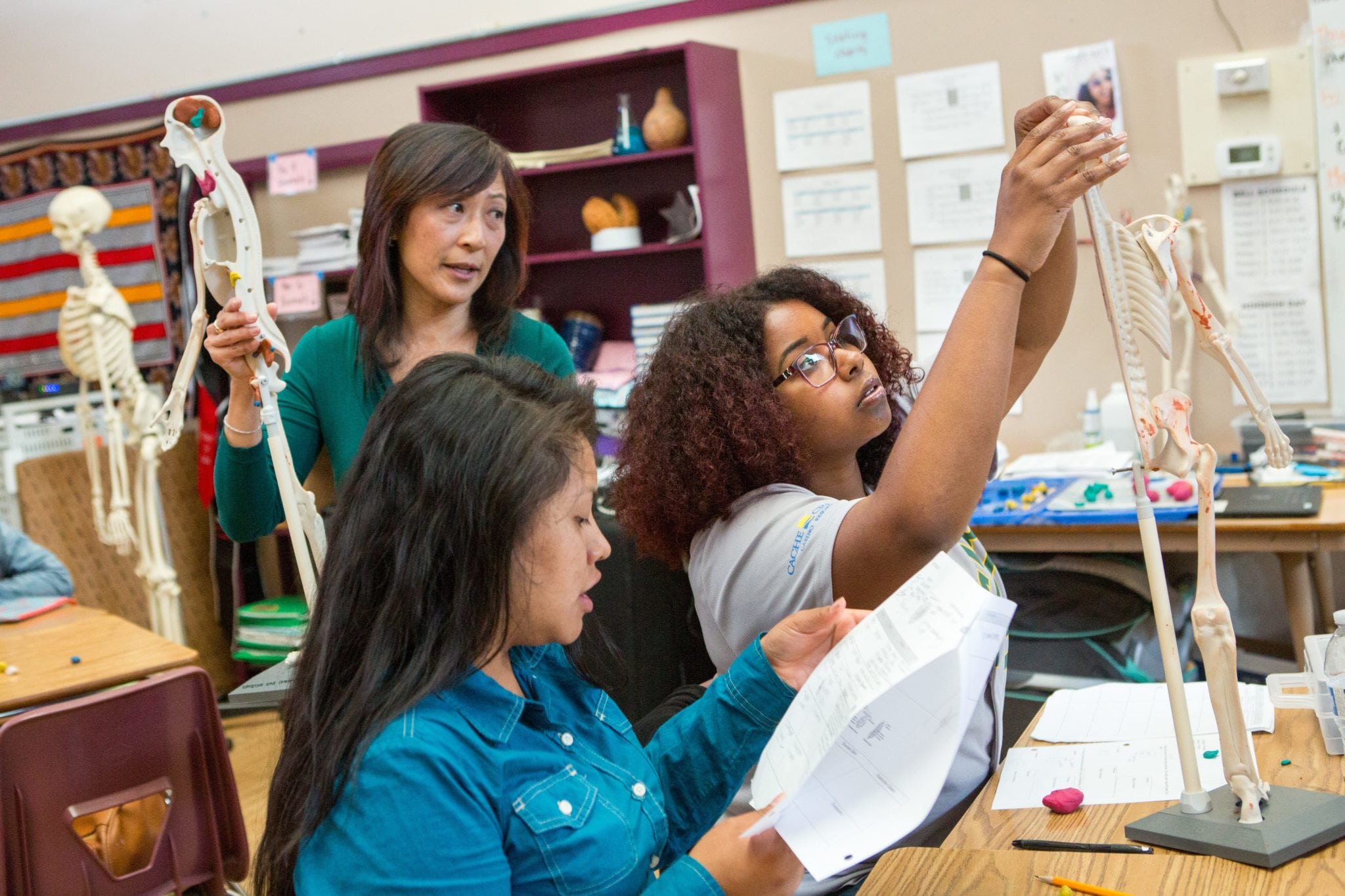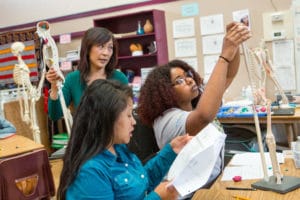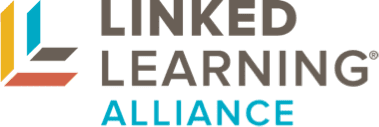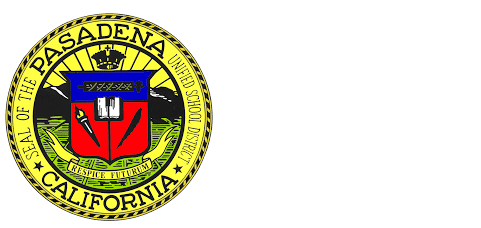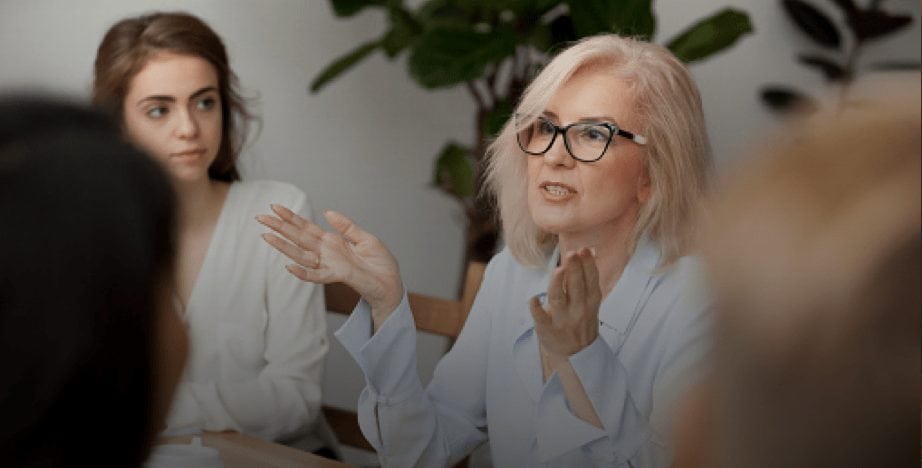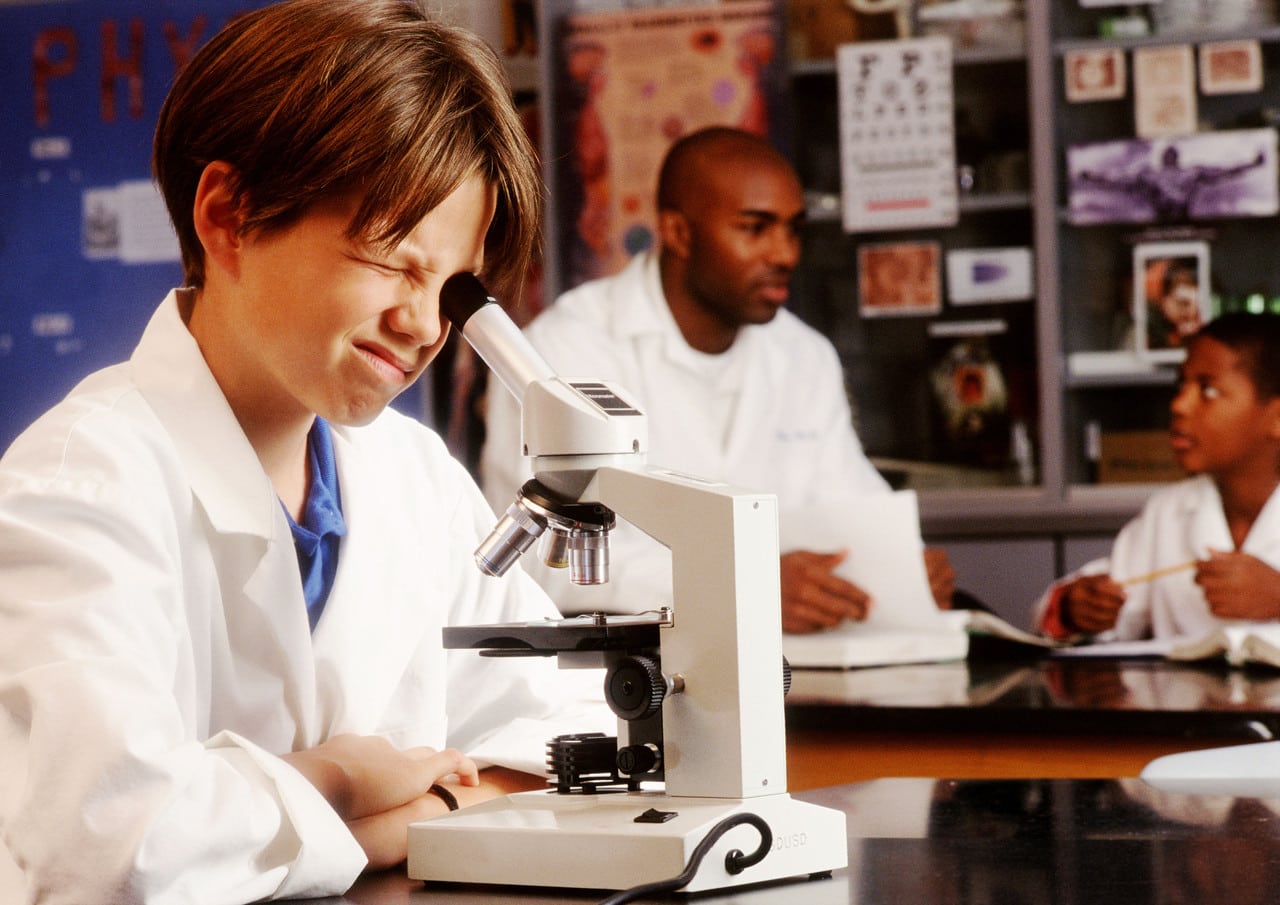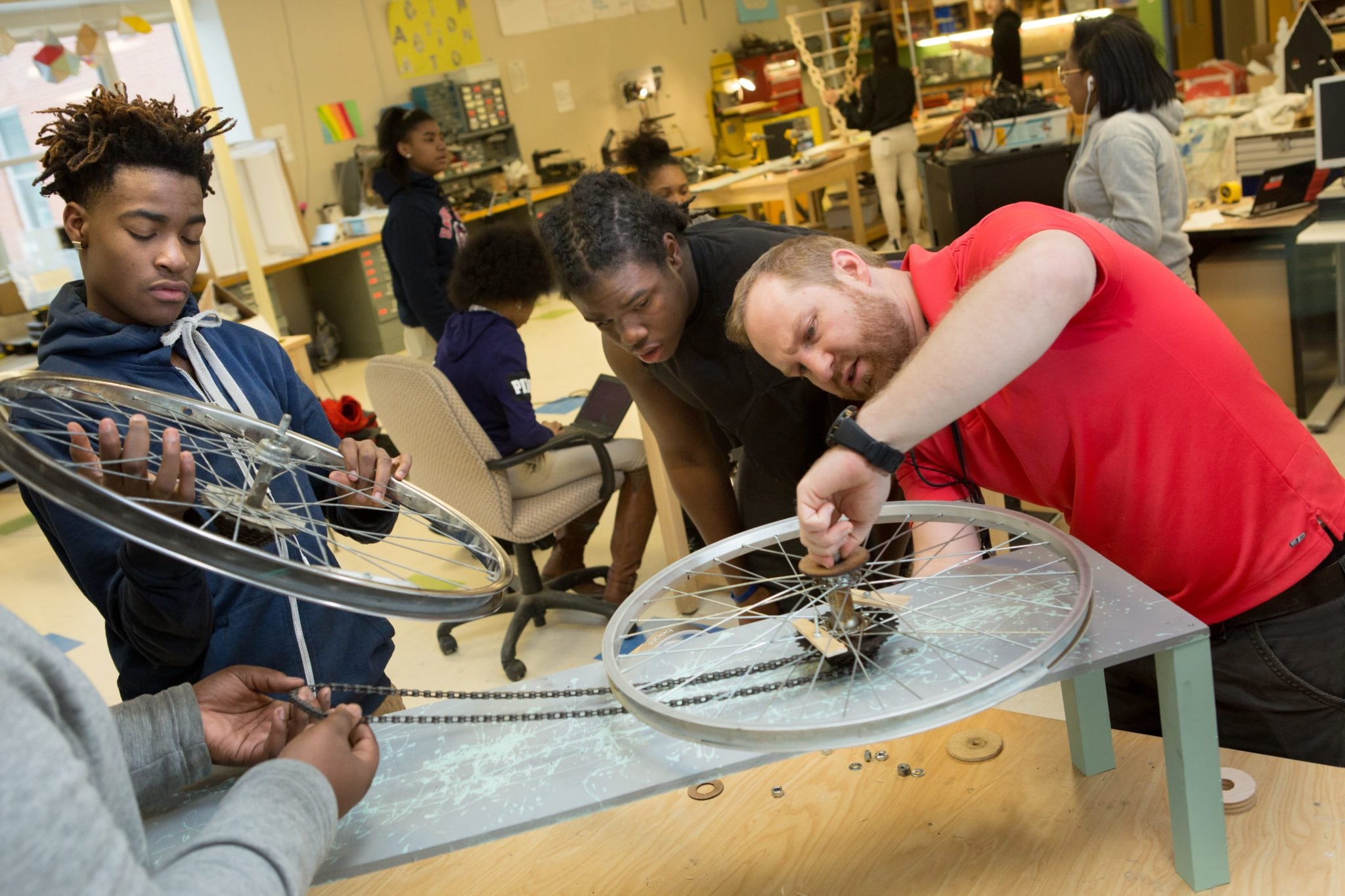This is the third installment of a three-part webinar series on Deeper Learning in the Time of COVID-19. To view the entire series, click here.
Webinar Materials:
Partner Websites + Resources:
Overview:
Across the US, districts have been forced to transition to virtual learning due to the global pandemic. Education leaders have the arduous task of making an informed decision about whether instruction will be in-person, virtual, or a hybrid model. As schools reopen in the fall, how to best meet the needs of students, particularly those most impacted by COVID-19, becomes a top priority. In part 3 of 3 in AYPF’s Deeper Learning in the Time of COVID-19 webinar series, participants heard from district-level leaders, teachers, and students to learn about how the Pasadena Unified School District and Envision Learning Partners leveraged performance assessments and Graduate Student Profiles to meet the demands of this moment.
Performance Assessments have been used to capture students’ learning in k-12 classrooms and have been widely favored over standardized tests due to their ability to capture students’ 21st-century skills including collaboration, communication, content mastery, creativity, critical thinking, and self-direction. Through the California Performance Assessment Collaborative, California has been able to advance authentic and meaningful approaches to assessments such as presentations, projects, and portfolios – allowing students to demonstrate their mastery of 21st-century skills, which have proven to be relevant in our ever-changing world now more than ever.
Similarly, Graduate Student Profiles, which include a school or district’s top cognitive, personal, and interpersonal student competencies, have been effective in communicating a clear student-centered educational vision. South Carolina and Virginia are two states championing the implementation of Graduate Student Profiles and have made significant strides towards a state-wide strategy equipping students with the necessary 21st-century skills needed to thrive in school, workforce, and life. Beginning in 2019, the Pasadena Unified School District updated their graduation requirements to align with the Graduate Student Profile, now requiring students to participate in a Senior Defense in addition to participating in community service/work-based learning opportunities.
Combined, Performance Assessments and Graduate Student Profiles serve as a key tool to push districts and schools to reimagine education in such a way that allows for meaningful, authentic student learning. This webinar will highlight insights from leaders in California regarding the use of performance assessments and how Graduate Student Profiles cultivate the skills students need to thrive in a virtual environment.
Panelists:
- Roneeta Guha, Vice President, Strategy and Impact, Linked Learning Alliance
- Kristina Turley-Payne, Coordinator III, College and Career Pathways, Pasadena Unified School District
- Alcine Mumby, Deeper Learning Coach, Envision Learning Partners
- Sofia Valadez, Pathways Coach, Pasadena Unified School District
Teacher + Student Interviewees:
- Beverly Rodriguez, Academy Lead, John Muir Early College Magnet
- Goyahkla Robles, 12th Grade, John Muir Early College Magnet
- Sara Scribner, Head Librarian, Grades 6-12, Marshall Fundamental
- Simone Kuo, 12th Grade, Marshall Fundamental
About AYPF’s Deeper Learning in the Time of COVID-19 Webinar Series:
Since the outbreak of coronavirus, the educational landscape has been transformed. With the majority of schools closed throughout the nation, in many cases student learning has shifted online, highlighting the myriad opportunities and challenges of remote instruction. Teachers had to adapt almost overnight to virtual classrooms, and were asked to teach students in a way they had not necessarily been trained in. Students needed to become accustomed to independent learning, either online or from compiled paper packets of worksheets. In a number of schools that have engaged in deeper learning for many years, the transition for teachers and students to this new reality has proceeded more smoothly.
In this 3-part webinar series, AYPF will highlight districts and schools that have experienced fewer challenges in continued learning, and the factors that contributed to a more seamless transition. These are schools that have emphasized the interrelated competencies of deeper learning: mastery of rigorous core academic content, critical thinking and problem solving, teamwork and collaboration, effective communication, learning how to learn, and cultivation of an academic mindset. As the pandemic unfolds, the explicit attention devoted to honing these competencies (sometimes referred to as essential skills, or success skills, et. al.) has helped students and teachers as they adapt their learning to ever-changing conditions.
Some questions we will consider include:
- Why are student/teacher relationships so critical to the learning agenda?
- What is the importance of having students engaged with meaningful projects?
- How can students be supported as they take on responsibility for their own learning and develop their agency?
- What do these early observations of how education is changing mean for the larger conversation around how best we can engage learners in their education, what the role of teachers is within this learning journey, and how we can think more creatively about all the possible venues for learning?


